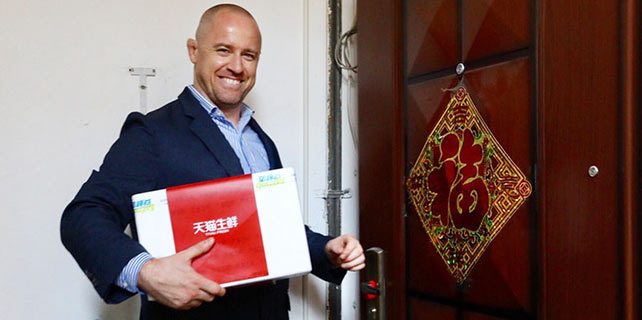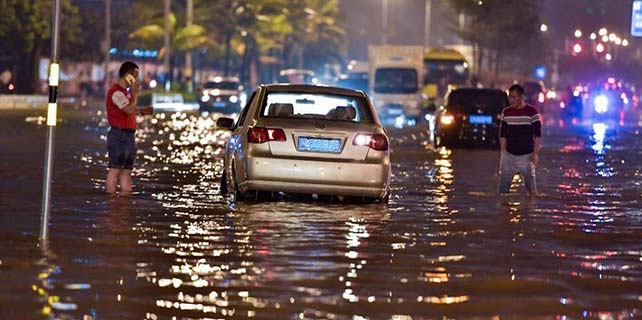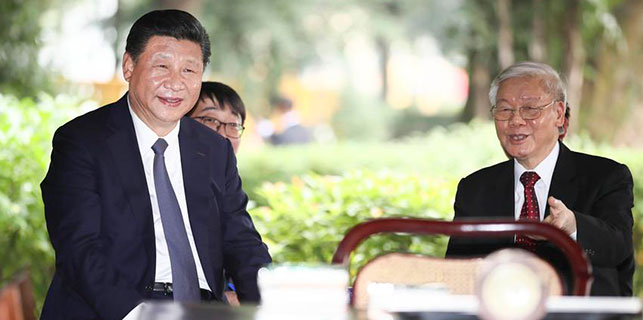Warm winter may slow smog controls
As the winter heating season starts in many populous northern areas such as Beijing and Hebei province on Wednesday, officials are saying the forecast of a warmer winter is likely to make it harder to disperse air pollutants.
Environment and weather authorities warned governments that means they need to take stronger anti-pollution efforts this winter.
"Based on the data and analysis, it's highly likely we will have a warmer winter, producing a negative influence on air pollution control, especially for Beijing-Tianjin-Hebei region and Yangtze River Delta," said Wang Yongguang, chief climatologist at the National Climate Center.
The Ministry of Environmental Protection warned in a statement on Tuesday that this winter's weather, unfavorable for dispersal of airborne pollutants, is likely to increase chances for severe air quality problems hitting the region of Beijing-Tianjin-Hebei region and neighboring provinces.
In winter, the warmer weather often leads to thermal inversions and a lack of wind, trapping pollutants just as coal consumption soars to provide heat, the ministry said.
It warned the six provincial-level governments that include Beijing, Tianjin and Hebei to step up anti-pollution measures.
Such measures include the requirement that iron and steel plants in the major production areas of Shijiazhuang, Tangshan and Handan in Hebei province slash their production capacity by half, the ministry said. Another measure is reductions in coal consumption.
Since coal-burning heating systems were fired up in mid-October in chillier Heilongjiang province, residents of Harbin have experienced almost continuous smog, with the air quality index reaching as high as 500 on Nov 7 and 8.
Winter frequently makes air pollution control a bigger priority for the ministry, said Li Ganjie, minister of environmental protection.
Sun Jian, 30, a resident of Lingshou township in Shijiazhuang, said things are better since his family started using gas instead of coal for heating.
"It's cleaner and cheaper," Sun said. "There is no choking air when coal is not used in the boiler, and the township government gave us subsidies for heating," he added.
In Hebei, over 2.46 million households like Sun's have replaced coal with cleaner energy like gas and electricity for the heating, the provincial government said on Tuesday.
Beijing also required that 99.8 percent of coal-burning boilers with large emissions be demolished between 2013 and 2017, reducing coal consumption by 9 million metric tons, Zeng Jinghai, deputy director of the air quality management department of Beijing's municipal environmental protection agency, said on Tuesday.
"Thanks to those efforts, we will see sulfur dioxide concentrations, mainly released by coal consumption, hit a record low in winter," he said.


















